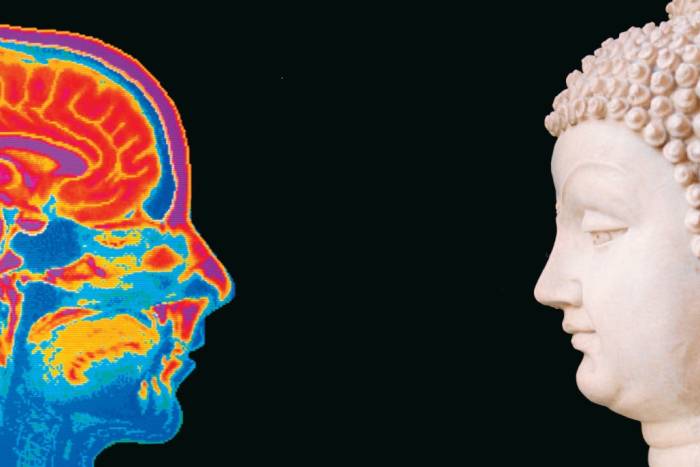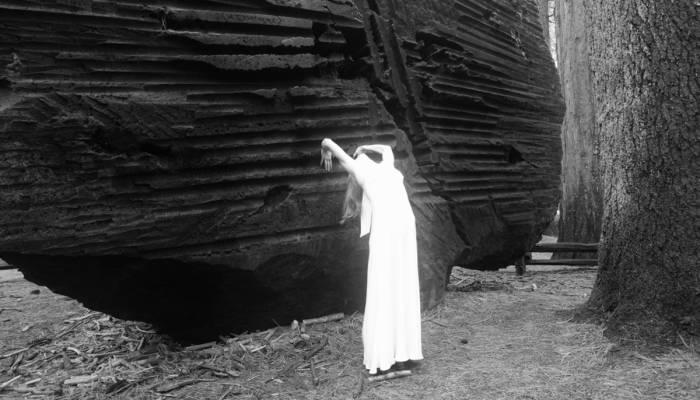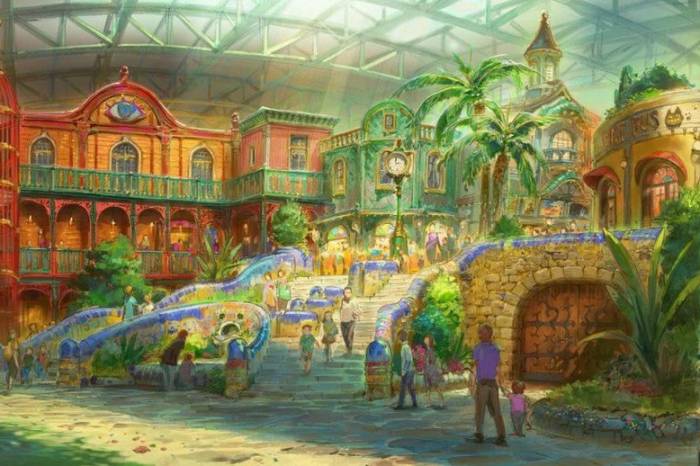Venus Project: The Greatest Utopia of Technology
The project dedicated to founding Jacques Fresco’s new world is underpinned in the mechanical nectars of technology and scientific knowledge.
The idea that machines will free mankind is not new (and this is perhaps why it isn’t new to imagine dystopian scenarios in which machines become our nemesis). The most recent version of this is maybe also the most articulated: the Venus Project, conceived by the self-taught and futurist architect Jacques Fresco. He envisions the construction of new intelligent cities all over the world, based on the hyper-optimisation of resources and decisions, adopting a cybernetic algorithm as its axis and trusting the preciseness of science to govern and operate it.
The Venus Project is born from the wave of sociocultural disenchantment before the dominant system –– promoted by the Zeitgeist movement (with its popular documentary) –– and proposes an alternative system to conceal the desire to reconnect with nature with the legacy of scientific knowledge in its last expressions. In theory, Venus wants to develop a cybernetic agri-culture and an automated democracy in which elections are conducted by the superior though- capacity of machines, ensuring that everything will be dictated by the greater intelligence. The website reads: “One can think of this as an electronic autonomic nervous system extending into all areas of the social complex.”
One of the main appeals of this project is that it heightens alternative energies and the preservation of ecosystems in an infallible way (according to their own perspective). Fresco, whose headquarters are in Florida, calls to “become citizens of the world” and embody the truth “that is out there”.
There have been numerous criticisms surrounding this project, labeled by some as Utopian or naive in its “faith” in the powers of science. In any case, for now it remains implausible to the extent that scientific knowledge does not appear to be consistent, and is not capable of exalting nature (many aspects of our planet remain mysterious and the best ecologic or political-economic alternative has not been discovered yet). Within the work in progress that is our society, it remains somewhat rash to invoke the omnipotence of science or a deus ex machina to save us from the existential suffering and uncertainty that characterize our lives.
Fresco’s imagined techno-paradise could derive into a totalitarian nightmare like the one in Alphaville by Jean Luc Godard, in which technocracy has abolished emotions such as love and art forms such as poetry. In any case, as a practice of imagination and as yet another option of what we can be and can go, within a quasi-infinite pallet of possibilities, the Venus Project is without a doubt interesting: within it our culture’s selection of technology as an evolutionary path becomes more overwhelming.
Related Articles
When ancient rituals became religion
The emergence of religions irreversibly changed the history of humanity. It’s therefore essential to ask when and how did ancient peoples’ rituals become organized systems of thought, each with their
Larung Gar, the valley that is home to thousands of Buddhist monks
If we think about the monastic life it is very probable that we think about solitude, seclusion, silence and a few other qualities whose common denominator is the appropriate isolation for mediation
Dialogue with the Dalai Lama on science and spirituality
The Dalai Lama has been interested in science since he was a child. Over the years he’s visited many laboratories and has attended conferences that discuss consciousness from the scientific point of
A New Year's resolution for the earth
Worrisome quantities of waste are generated by human populations. Especially in cities, these have reached unprecedented and alarming levels. A largely uncontrolled practice, it affects everything on
The Dark Mountain Project: or how literature can confront ecocide
One impulse from a vernal wood May teach you more of man, Of moral evil and of good, Than all the sages can. Wordsworth, “The Tables Turned” (fragment) Words are elementary. The only reason we can
Are there no women in the history of philosophy?
Do only men philosophize? This could sound like a silly question, but if we quickly review the names of philosophers, from Aristotle to Slavoj Žižek, it would appear to be an exercise that is
Things that are about to disappear: photography as environmental conservation
Cristina Mittermeier is the founder of the International League of Conservationist Photography (iLCP), and is at the front of a modern movement to use photography with environmental purposes. Her work
Architecture And Music; An Affair That Acts On The Matter
A composition is like a house you can walk around in. — John Cage Perhaps music, more than the art of sound, is the art of time. That’s why its communion with space, and architecture, is so often so
Psycho-geography (On The Ritual Casting of a City)
Mrs. Dalloway walked down the streets of London guided by an “internal tide” that made her stop somewhere, enter a store, turn at the corner and continue her journey, as if she were adrift. La dérive
A Theme Park Inspired by Hayao Miyazaki is About to Open …
One of animation’s most spectacular exponents, Hayao Miyazaki, is the artist who transformed the direction of traditional animation forever.










